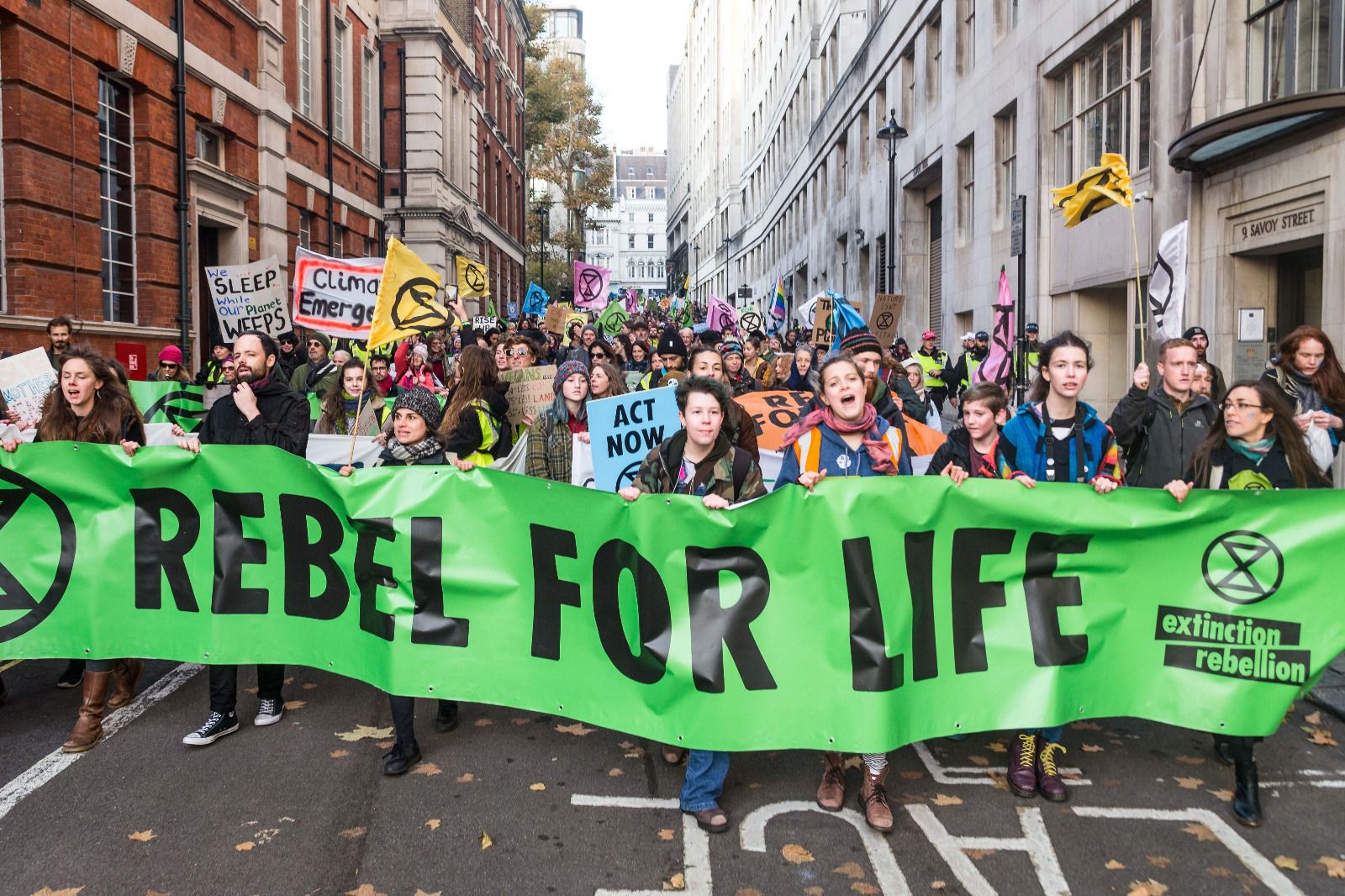Where do we go from here?

Today, like yesterday and for many days now, thousands of people around the world have died of the pandemic. I believe that any reflection, and especially any cautious look ahead, needs to start from this sobering reality. Predictions will almost certainly turn out to be wrong, and I feel reluctant to draw lessons while the full extent of the crisis cannot yet be grasped. But I believe the one thing that's worse than speaking prematurely is to wait until it is too late.
I have been most alarmed by the fact that some have contemplated letting the old or weak die in order to protect western way of life. While the policy of allowing the pandemic to run its course in pursuit of herd immunity has, for now, been shelved, the thought still frightens me.
This resurgence of social darwinist ideology in the 21st century politics has exposed an inhumane calculus, and I am not ready to return to normalcy just yet: how will we able to trust anyone who ever seriously contemplated these ideas? I am fearful that more is to come before the current crisis is over. Those who will argue for accepting human sacrifice in the future may be skillful enough not to argue for it as a good in itself. They might call it regrettable but necessary in order to protect those who are deemed worthy, to protect us. As we all understandably grow weary of the restrictions, we must not be seduced.
I also cringe at easy answers if they appear to promote a cause I might otherwise agree with. Yes, consumption is down and pollution is down. Under other circumstances, this would be good news. But this is not the change we are hoping to see. If we want credibility in advocating for a transformation towards a better and more sustainable future, we cannot be cheerleaders for a crisis which many people will experience as utter dread. This crisis is not good news, and I worry that it could still set us back years. Dictatorships in the name of collectivism, along with their apologists, have reduced, rather than fostered the prospect of more equal and free societies. I worry that an emerging narrative, “this is what a low-carbon world looks like”, could haunt us in a similar way. We must try to counter that false narrative, rather than lend it any more credence.
But we cannot just stay silent now: our world has changed, and yet more change is inevitable. If we are too afraid to ask the right questions, we are bound to repeat past mistakes. We must talk about zoonotic diseases. We must talk about the destruction of natural ecosystems. And, in particular, we must talk about our morbid, monstrous relationship with other animals. In Extinction Rebellion, we have steadfastly argued for a scientific approach to the climate crisis and to biodiversity loss. We all were caught out by the virus, so let's not pretend that we told you so. But let's redouble our efforts to tell you now.
As we look at the human impact, it would be naive to think that this virus affects everyone equally. It does not. In the US and the UK, where data is available, ethnic minorities are significantly over-represented among cases and casualties. Old people or those with certain medical conditions die at rates many times higher than others. In Kenya and India, among other places, social distancing is enforced at the barrel of a gun. And even in Finland, it can take many different shapes, living in a large house with friends is a different experience than being isolated alone, at home with children, or with an abusive partner. Let’s not be romantic about this fact: if anything, the virus exacerbates social divisions.
But while we don't all have the same experience, we still share some aspects of the moment, and that can also be a cause for hope. Social distancing affects us differently, but all of us get to share in the collective experience of working through a crisis together. The solidarity shown by those with lower risks towards those with higher risks goes beyond self-preservation. It reflects our common humanity. Even more than usual, gentle acts of kindness also carry a political message: solidarity is the only way we can solve a collective crisis.
In this respect, inter-generational solidarity feels particularly important, and it is something we can, hopefully, take heart from when resolving other crises. The dismantling of our social safety nets has been presented as an irreversible fact, the seemingly unavoidable consequence of an erosion of the inter-generational compact. The inter-generational solidarity we now witness and practice, exposes this as a lie: we are still willing to look out for each other. The young are now asked to make sacrifices for the benefit older generations, and by and large, they gladly do so. Hopefully this will also inspire us all to resolve the climate crisis for the benefit of our children, grandchildren, and future generations.
International solidarity, unfortunately, is far less evident. An insufficient willingness to share burdens, and a mentality of everyone for themselves, has become a real obstacle to resolving a pandemic that has now hit nearly every country on Earth. It has led to resentments, and it will remain a challenge that we will have to work hard to overcome if we want to resolve the global climate crisis, where both the burden and the ability to act are so unequally distributed between richer and poorer countries. If our governments fail us again, we must call them out. And, as citizens of rich countries, we also have a duty to humbly offer help to those with fewer resources.
If we are complacent, it is possible that we will wake up in a world that has become more authoritarian and isolationist. Cynically, instead of creating an impulse to confront structural racism and persistent social inequalities, the racial disparity of victims may be used to further exacerbate racism and xenophobia. If we are not careful,we may wake up in a world with closed borders, surveillance and prohibition, with people separated into essentials and expendables. Our shared experience of losing control over our own lives could result in a desire for more control, and create a society where we fear each other, and live in a permanent state of emergency. But we don’t have to fall asleep. Perhaps, gentle acts of disobedience can even be a healthy reminder that we still live in a civil society.
In my opinion, our best hope is to draw attention to the lessons of solidarity in whichever way we can. "Where Do We Go from Here: Chaos or Community?" was Martin Luther King Jr.’s last book, written a year before his assassination. For many of us in Extinction Rebellion, King has been an inspiration, and a visionary of the more equal society we hope to create. In reflecting on the struggle for justice, and the long road that still lay ahead, he writes: "There is nothing to keep us from remolding a recalcitrant status quo with bruised hands until we have fashioned it into a brotherhood”. As we get through, and over this crisis, let us not remold the status quo, let us build community. Through our lived solidarity, we can start doing that right now.
Written by Till Sawala

